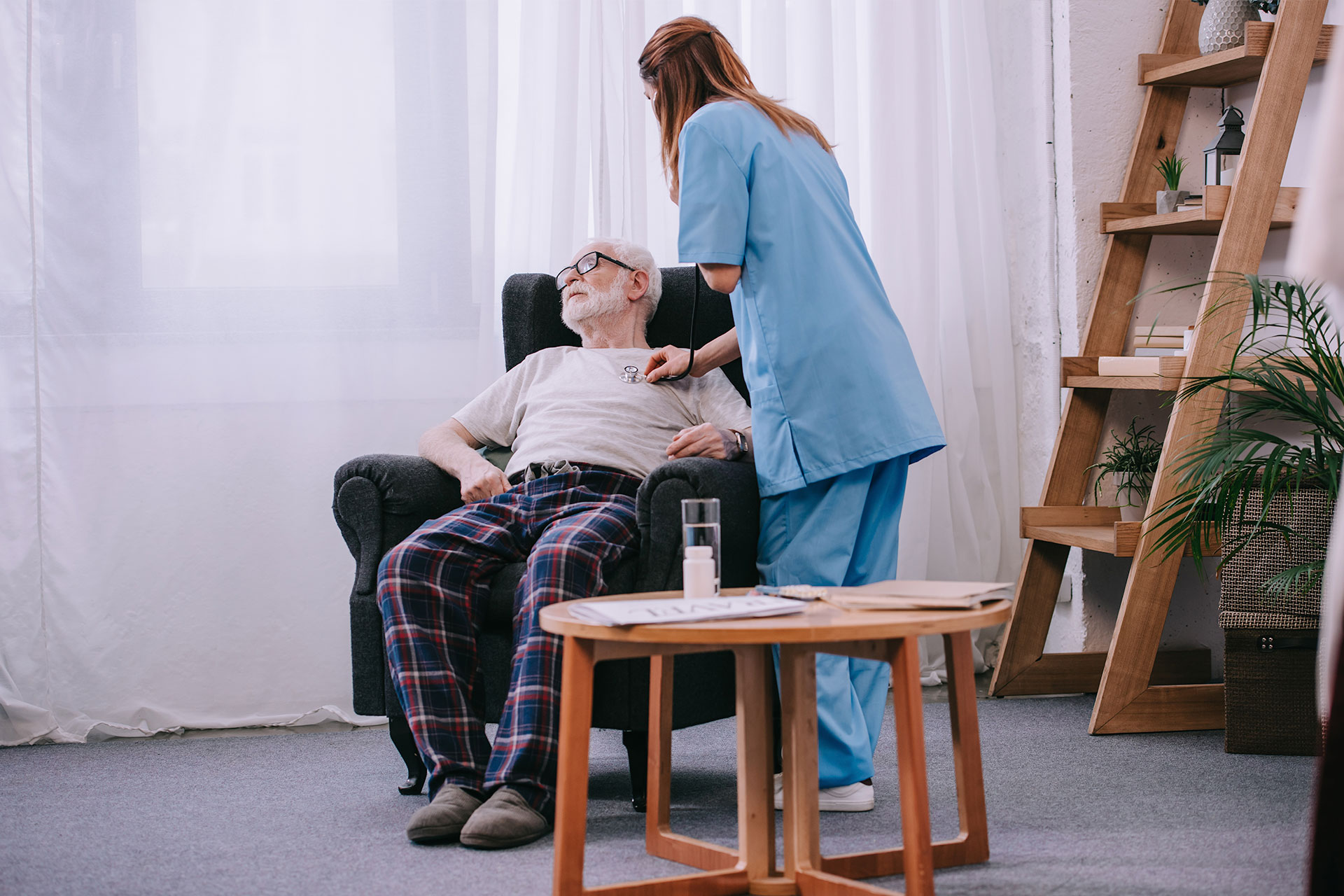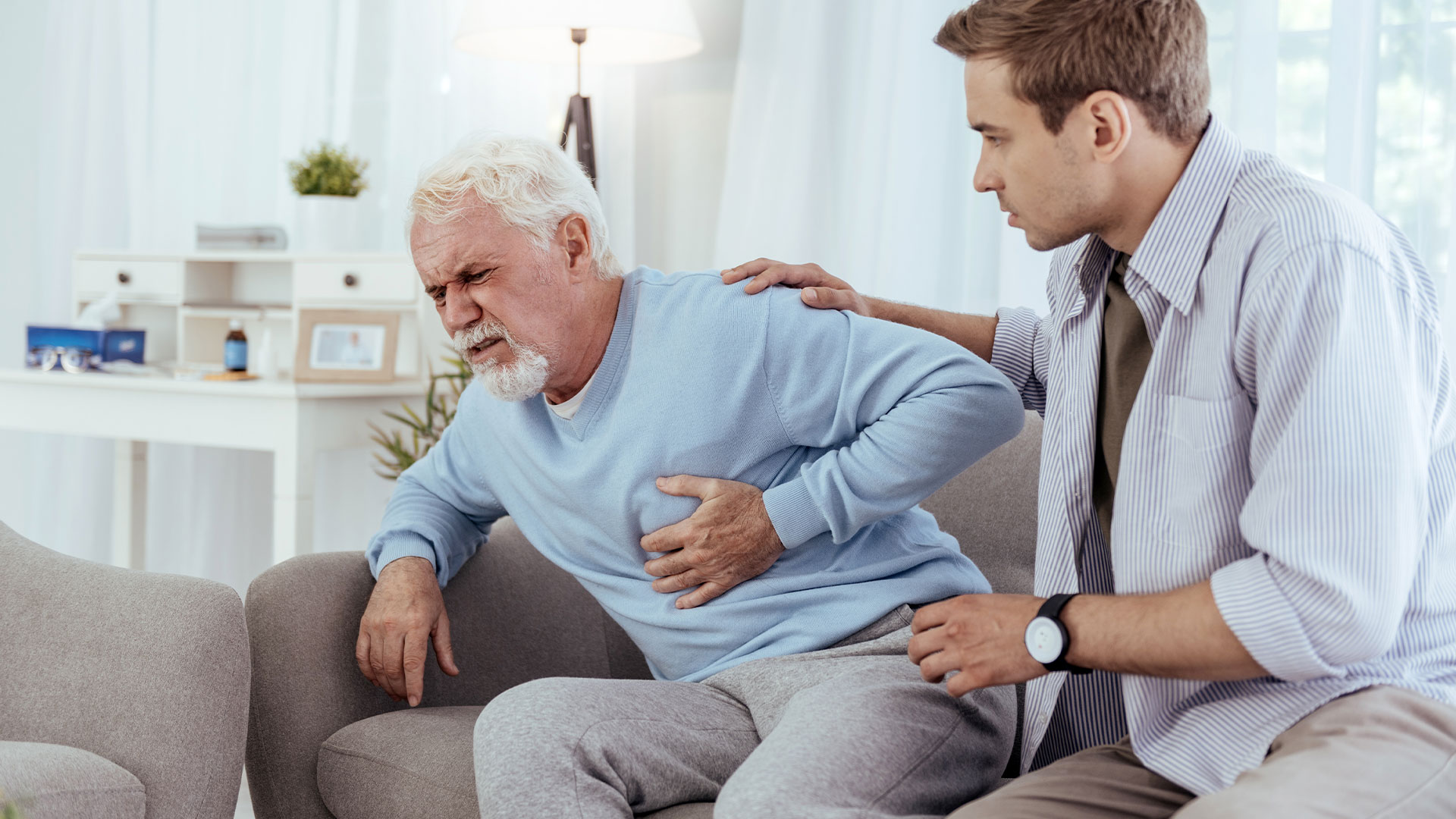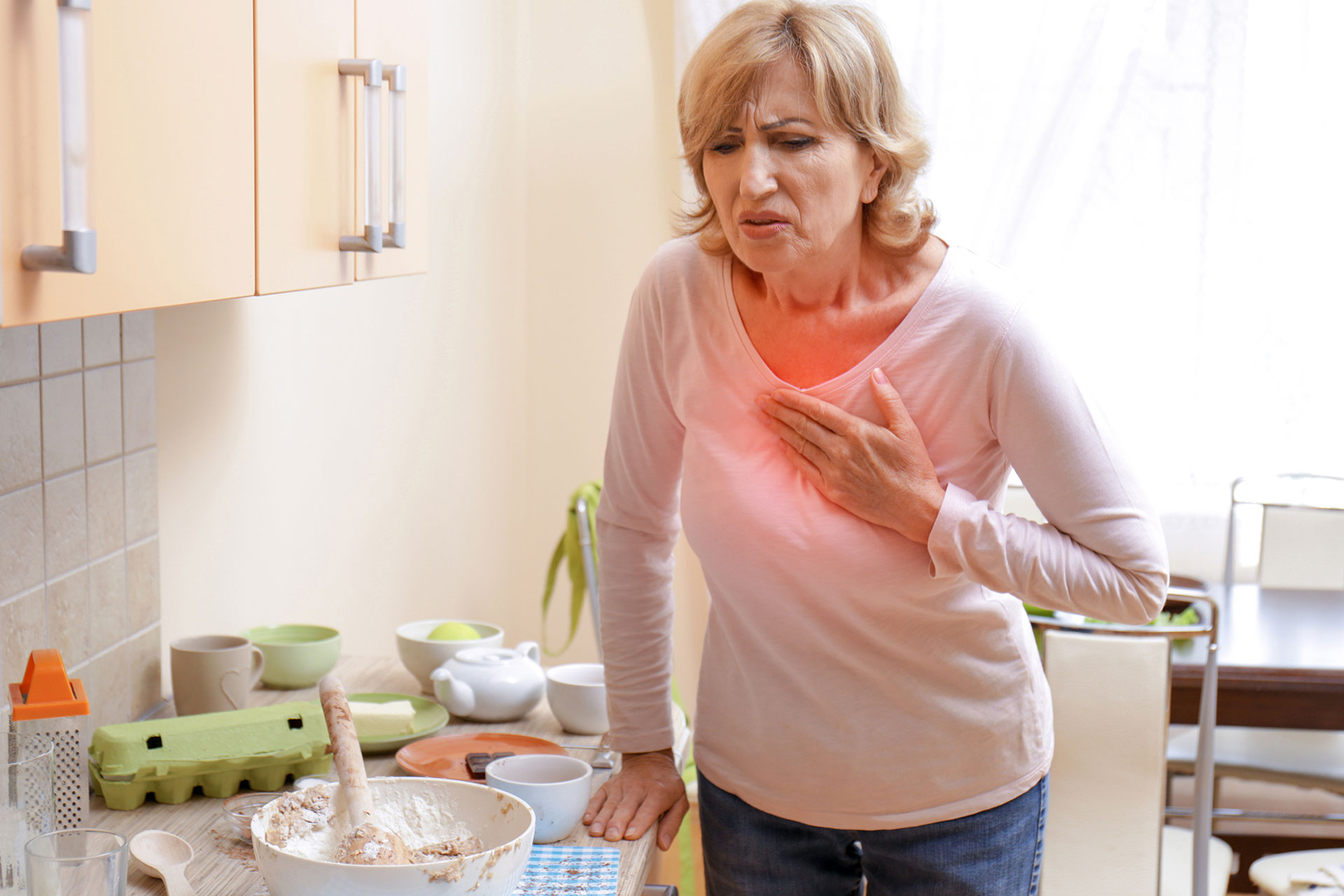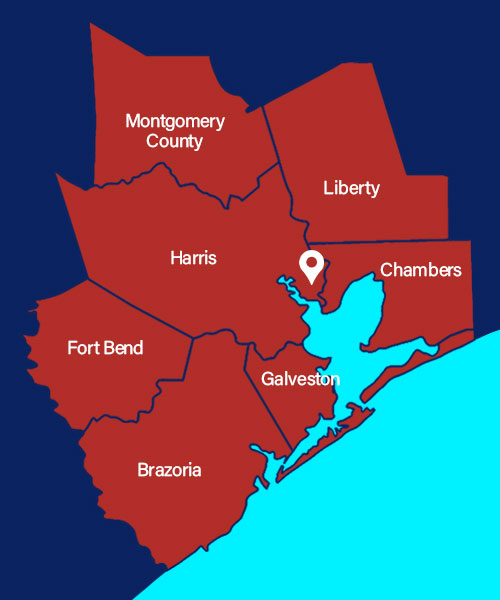Every October, National Sudden Cardiac Arrest Awareness Month puts a spotlight on a life-threatening condition that affects thousands of people each year. Sudden cardiac arrest (SCA) can strike without warning and, without immediate intervention, can lead to death within minutes. During this vital awareness month, we aim to provide valuable information on what sudden cardiac arrest is, its causes, prevention strategies, prognosis, and how home nursing care can support survivors.
What Happens During Sudden Cardiac Arrest?
Sudden cardiac arrest is when the heart’s electrical system malfunctions, causing the heart to stop beating unexpectedly. This is different from a heart attack, which is caused by a blockage in the arteries that supply the heart muscle with blood. When SCA occurs, blood stops flowing to the brain and other vital organs, causing the person to lose consciousness within seconds. Without immediate treatment, death can occur within minutes.
During sudden cardiac arrest, the most common cause is ventricular fibrillation, a chaotic heart rhythm that prevents the heart from pumping blood effectively. Without rapid intervention, such as resuscitation, the person’s chances of survival diminish significantly.
Causes of Sudden Cardiac Arrest
There are several causes of sudden cardiac arrest, most of which are related to underlying heart conditions, including:
Sudden Cardiac Arrest Prevention
While SCA can happen unexpectedly, there are ways to reduce your risk. Some of the key strategies for sudden cardiac arrest prevention include:
Statistics on Sudden Cardiac Arrest
The numbers associated with sudden cardiac arrest highlight the severity of the condition. According to statistics on sudden cardiac arrest, more than 350,000 out-of-hospital cardiac arrests occur in the U.S. annually. The majority of these happen at home, where access to immediate medical care is limited.
Resuscitation survival rates vary depending on how quickly treatment is initiated. Survival drops by 7% to 10% with each minute that passes without defibrillation or CPR, making rapid action crucial for improving outcomes.
Sudden Cardiac Arrest Prognosis
The sudden cardiac arrest prognosis depends heavily on how quickly the person receives treatment. If CPR and defibrillation are administered within minutes, survival rates increase significantly. However, many who survive may still face long-term health challenges, such as brain damage due to the lack of oxygen.
For survivors, the prognosis often involves extensive follow-up care. Regular monitoring by healthcare professionals and, in many cases, the implantation of an ICD to prevent future episodes are essential to managing the patient’s long-term health.
How Home Nursing Care Helps Sudden Cardiac Arrest Patients
After surviving SCA, patients often require ongoing support, which is where home nursing care plays a vital role. Home healthcare professionals can assist with:
Sudden cardiac arrest awareness is vital to improving survival rates and preventing this devastating condition. During National Sudden Cardiac Arrest Awareness Month 2024, we aim to increase knowledge about SCA, its causes, and how it can be prevented. Home nursing care is a critical part of recovery for those who survive, providing essential medical, emotional, and lifestyle support.
By raising awareness and promoting prevention strategies, we can reduce the toll of sudden cardiac arrest and support those who have faced this life-changing event.
Call Signature 24/7 at 1 (800) 277-8291 for excellence in skilled and compassionate home health care.

Your Complete Home Health Care Solution!
ALWAYS ON CALL
| Monday – Sunday | 24 / 7 |
1 (800) 277-8291 (option 1)
COUNTIES SERVED
OUR VALUES
TESTIMONIALS

I love all of my home health people.

All Signature staff as well as therapy were very helpful.

Their services have always been great.

I really love my physical therapist. Gary has helped me so much.

This has been one of the best agencies. Very caring nurses.

I’ve had a really good physical therapist and really nice nurses.

I have had excellent care & would recommended them to anyone.

Gary Dixon is the very best physical therapist in Baytown and Houston Area.



